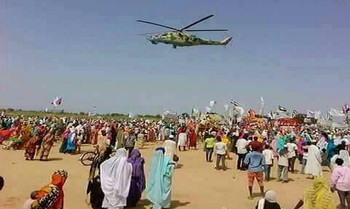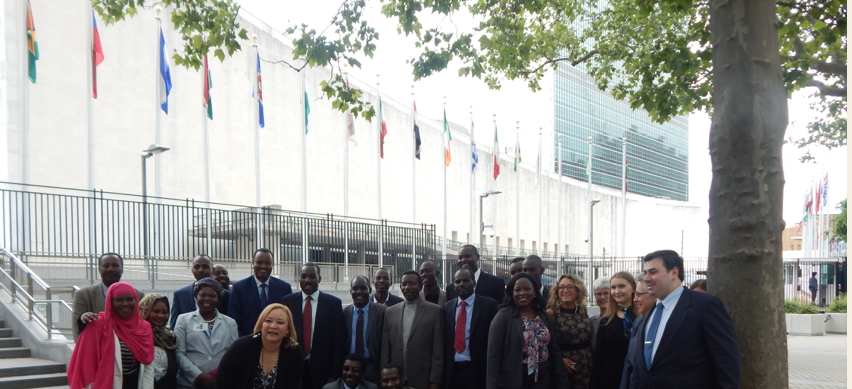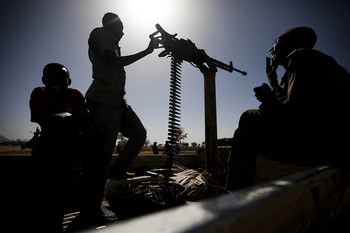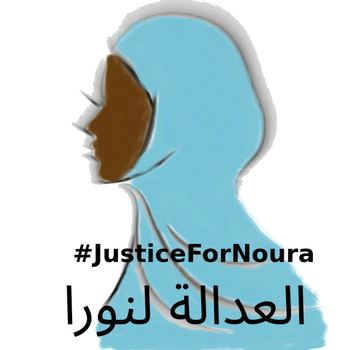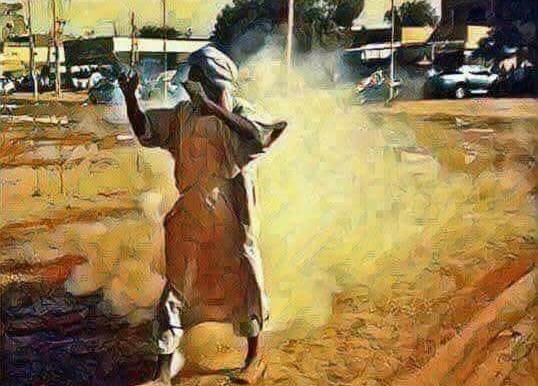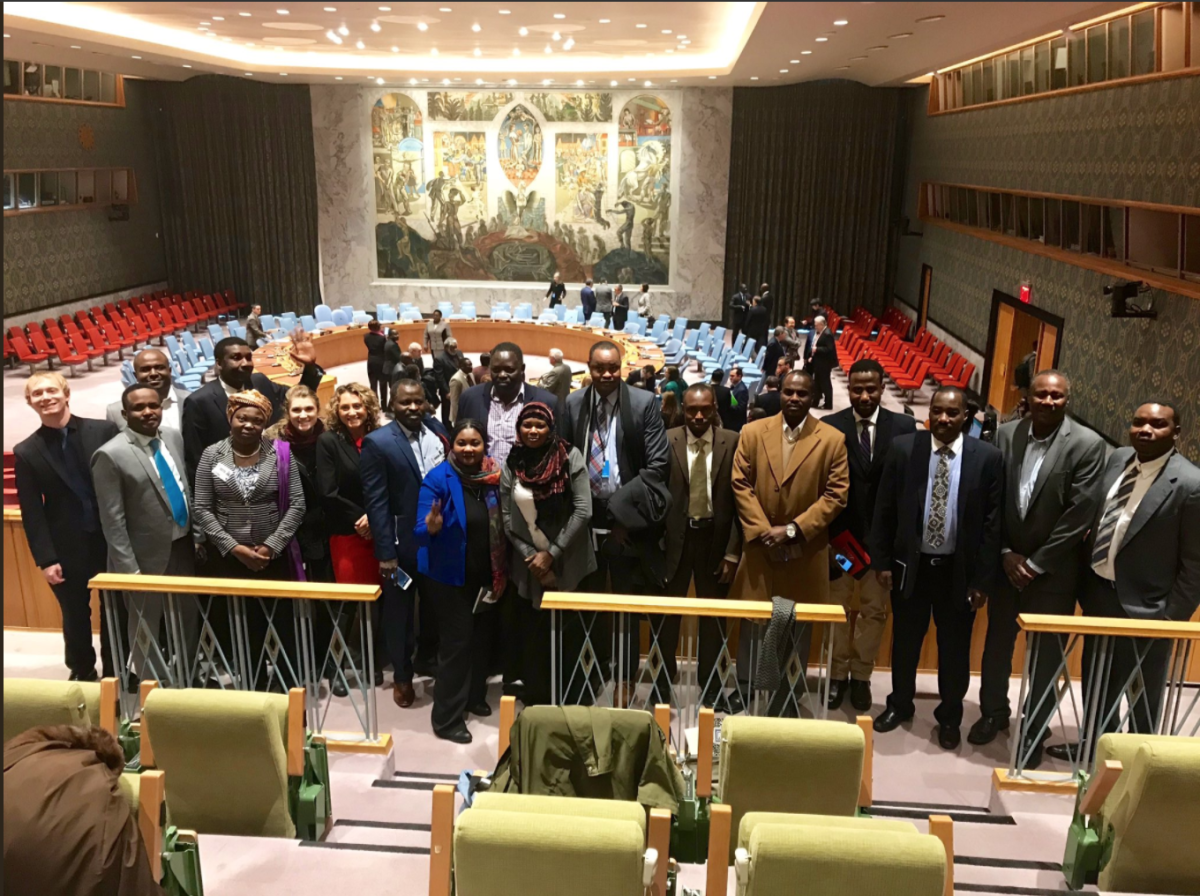On Wednesday, June 20th, Prosecutor for the International Criminal Court Fatou Bensouda briefed the United Nations Security Council regarding the progress of the ICC investigation of Darfur, pursuant to UNSCR 1593. She began her testimony with an admonishment of the international community that the people of Darfur have suffered so long and received so little justice. Noting that 13 years have passed since the case was referred to the ICC by the Security Council, Benouda remarked that all those indicted are still at large, and that conflict is still ongoing. The Prosecutor’s report also noted the recent fighting in Jebel Marra and acknowledged that 80,000 civilians have been displaced in recent months.
Specifically, Bensouda noted the lack of cooperation from the state parties to the Rome Statute in executing the arrest warrants against the perpetrators of genocide in Darfur. Sudanese President al-Bashir was indicted by the ICC in 2009, yet in 2018 alone has visited Jordan, Chad, Uganda, Ethiopia, Turkey, Egypt, Rwanda, and Saudi Arabia without arrest. Jordan, Chad, and Uganda are all three party to the Rome Statute and are therefore failing to uphold their legal obligation to the International Criminal Court.[1]
Several of the state delegates to the Security Council reinforced Madam Bensouda’s concerns and reminded the Council that the violence in Darfur is still ongoing. Madam Bensouda’s report noted particular concern with the safety of Internally Displaced Persons, that sexual violence is common around IDP camps, and that previously displaced persons are often targeted with sexual violence upon returning home. This is particularly concerning given President al-Bashir’s stated policy of closing the IDP camps in Darfur by the end of this year.
Following the Prosecutors address of the council, the state delegates of Council members made statements of their own in response.[2] Several of these responses were strong denunciations of the violence in Darfur and the Government of Sudan which commits it, as well as castigations of the Government of Sudan for its repeated refusal to cooperate with the ICC, UNAMID, and humanitarian organizations which attempt to operate in Darfur to provide services to the affected communities. These states noted especially the ongoing sexual violence prevalent in Darfur, especially carried out by Government forces, the rising level of arbitrary arrests throughout Sudan, and the importance of protecting IDPs. Among those speaking on behalf of the long-suffering people of Darfur were the delegates for the United Kingdom, France, the United States, Peru, Sweden, Bolivia, Poland, and the Netherlands. The United States strong statement regarding Sudanese accountability was noteworthy, and hopefully a harbinger of more responsible American policy towards Sudan, given the Trump administration’s removal of sanctions against Sudan in October 2017.
Several nations’ delegates instead replied to the Prosecutor’s briefing with hostility, lies, accusations, and coldly inhumane illogic. The delegates representing Ethiopia, China, Equatorial Guinea, Kazakhstan, Côte d’Ivoire, and Russia actually praised the Government of Sudan for it’s supposed efforts to achieve peace in Darfur. Such positions are of no surprise considering the human rights records of these governments themselves. The fundamental illogic of praising a genocidal regime for working towards peace was apparently lost on their delegates. These six states, as well as Kuwait and Equatorial Guinea, challenged the ICC jurisdiction and its right to indict a sitting head of state, attempting to discredit a powerful tool of the international justice, used by the international community in response to genocide.
The delegate from Sudan addressed the Council as well, repeating the same spin-doctoring and denials of fact which Sudan has published for years. He claimed that Sudan is a positive force in international relations throughout its geographic region, accused the prosecutor of a secret conspiracy against Sudan, denied that the international community had any right to prosecutor a sitting head of state, and that Sudan was being targeted as part of an international conspiracy against the legitimacy of African rulers. He failed to acknowledge that his government has perpetrated genocide against its own citizens.
To different degrees, many delegates acknowledged statements of fact regarding the level of conflict in Darfur which were at best misleading, and at worst patently false. First, several delegates applauded the government of Sudan for its role in diminishing the level of military conflict in Darfur. This presupposes two claims, (1) military conflict is declining in Darfur, and (2) the government of Sudan is playing a constructive role in making this be so. Second, multiple delegates again applauded the government of Sudan for improving humanitarian conditions on the ground in Sudan. We refute both claims based on available evidence of the reality on the ground in Darfur. This evidence is presented below.
Claim: Violent conflict is declining in Darfur, and this is tied to government progress.
Fact: This year continues a recent trend of escalated violence as compared to historical averages, and the government of Sudan is in fact conducting significantly more military activity this year than it historically has.

Chart 1 presents data collected by ACLED[3] on armed confrontations by this time each year, over the length of the conflict in Darfur. When put in historical perspective, claims by UN delegates that military violence in Darfur is diminishing are clearly dramatically optimistic understatements of actual conditions. Yes, the 71 battles thus far in 2017 reflect a slight decline from the 77 battles by this time last year. And yes, this is again a decline from the peak of 151 battles by this time in 2016. But in historical context, these numbers still represent an extreme escalation of violence in Darfur in recent years. The peak of 151 battles in 2016 was a massive 200% rise from the previous peak of violence in 2005. The 71 battles thus far in 2018 still represent a 45% rise in violence over the previous peak in 2005.

Not only is the general level of military activity unusually high, but the government share of that activity in 2018 actually represents an increase over recent averages. Chart 2 presents the percentage of all battles in Darfur which involved government forces.[4] Following a massive spike in government military action in 2002 and 2003, government involvement in battles in Darfur hovered around a relatively stable average of 60% since 2004. This year represents a statistically unusual high level of government military action, approaching the peak year of 2003. The government of Sudan has been involved in 86% of all battles thus far in 2018, which is greater than 1.5 standard deviations above the average for this time of the year since 2004.
Claim: The humanitarian situation is improving in Darfur.
Fact: This year continued to reflect a generally diminished security environment for civilians in Darfur, as compared to historical averages over the length of the conflict.

Several delegates made the claim that the humanitarian situation on the ground in Darfur is improving. This is an utter contradiction from the available data, so extreme as to constitute an outright lie. This year has indeed seen a decline in incidents of violence against civilians when compared to this time last year. However, much like the level of military action described above, this reflects a decline within the context of extremely high recent levels of violence. The 125 recorded incidents of violence against civilians thus far in 2018 is 29% above the pre-2013 average, and within 13% of the pre-2013 peak of 144 incidents in the first six months of 2004. To put this another way, if the same level of violence against civilians in 2018 occurred in 2013, it would be an unambiguous escalation of violence. It only seems like a decrease, and can be disingenuously presented as such, because it follows the 300% spike in violence against civilians which occurred between 2013 and 2015, as compared to the previous historical average. To claim that the humanitarian situation in Darfur is “improving” because the level of violence against civilians is returning to the unacceptably high pre-2013 level is a fundamentally malevolent distortion of reality.
The UN delegates are cherry-picking historical trends, representing a decline from a massive local maximum as a general decline in violence, even though this still represents a time of heightened violence over the historical peak.
While it is important to highlight actual conditions in Darfur, and especially to point out where such powerful policymakers such as delegates to the UNSC misstate fact, such nitpicking about numbers is actually beyond the point. What is universally acknowledged is that, at whatever level, the Government of Sudan is committed to war against its own civilians. The question is not truly the amount of violence, or the numbers of battles, per year but whether the government of Sudan can be allowed to commit one single act of state violence against its own people in the first place.
In addition to what was explicitly discussed during the briefing, several trends were not mentioned by remain crucial to understanding the context of the ICC’s investigation into the Government of Sudan’s conduct in Darfur. First, it should be noted that Government forces, and their associated militia, are nearly uniformly responsible for all acts of violence, and sexual violence specifically. The notion that Darfur is a warzone in which citizens are at risk from all sides is incorrect and perpetrated to fit the Government of Sudan’s international political agenda. Second, it should be stressed that violence against civilians, and again especially sexual violence, is being used for political purposes by the Government of Sudan. Attacks on civilians, including beatings, extrajudicial killings, and rapes, are often conducted in tandem with purely military activity, and this pattern has existed for the length of the conflict in Darfur since it began over 15 years ago. More detail on both of these points is available here.
[1] The text of the Prosecutors official report can be found here
[2] Full summaries of these addresses can be found here, and the full transcript of the briefing here
[3] Armed Conflict Location and Event Data project
[4] Number of battles involving government forces divided by total number of battles in Darfur
